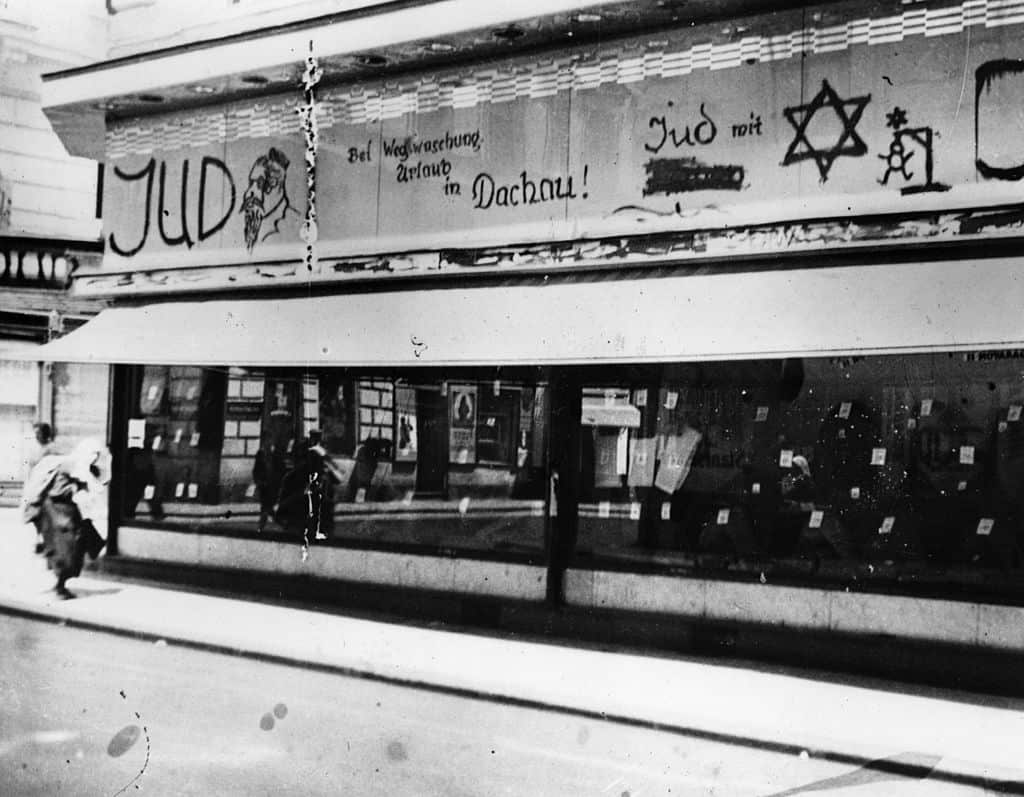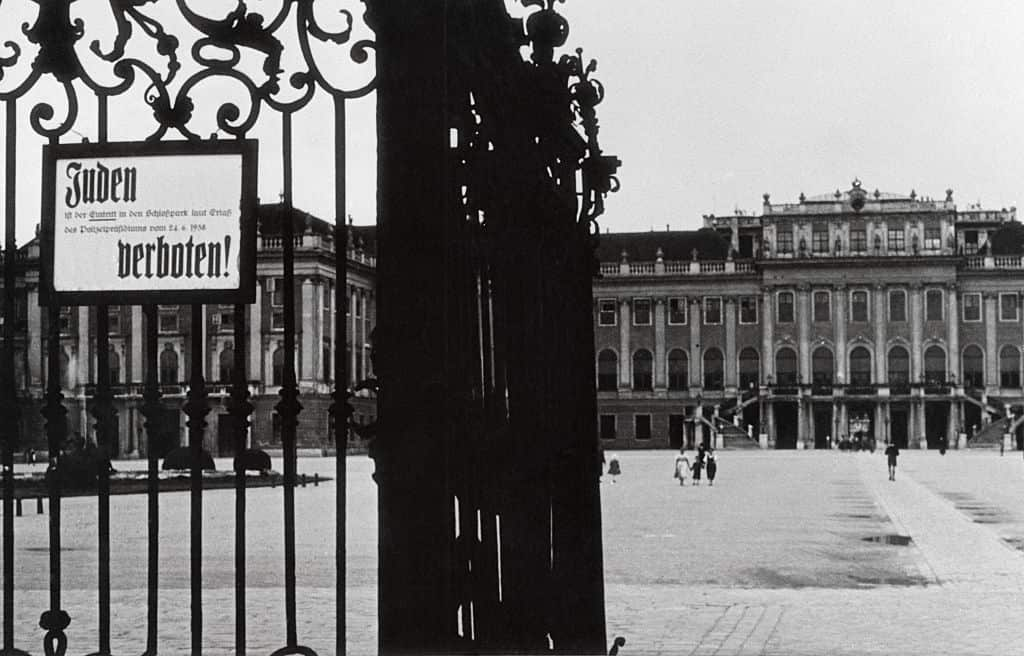Seventy-five years after the end of World War II and the tragedy of the Holocaust, Austria will grant citizenship to applicants who can prove that one of their ancestors was forced out of the country by the Nazis.
One of the champions of the new regulation is Martin Engelberg, a member of the Austrian parliament. He says the amendment delivers “a measure of historic justice” for the children and grandchildren of more than 100,000 Jews who were expelled from Austria under the Nazi rule.
"Historic justice"
The Austrian parliament, in 1993, allowed Austrian citizenship for the former refugees who were forced out of the country by the Nazis. But the provision of dual citizenship wasn’t extended to their descendants.
The latest changes in the law also apply to children who were adopted as minors. Mr Engelberg says Austria now offers a simplified process to acquire citizenship for the descendants of the victims of the Nazi regime.
Mr Engelberg says Austria now offers a simplified process to acquire citizenship for the descendants of the victims of the Nazi regime.

A tailor's shop in Vienna defaced with anti-Jewish slogans warning that the owner will be sent to the concentration camp if the obscenities are removed. Source: Keystone/Getty Images
“The application form is on the website of the Austrian embassy. Instead of a full-blown application, a simple notification is sufficient, and the entire application procedure is free of charge,” he says.
“We offer dual nationality, that means nobody has to relinquish their Australian, Israeli or American passport for an Austrian one.”
"Token gesture"
John Friend who lives in Sydney and whose parents were expelled from the Austrian capital Vienna in 1939 welcomes the law but says it’s important to look beyond such gestures.
“Among the Jewish survivors and their offsprings, the general, opinion of the Austrian government has always been very poor. It took them a long time to accept some blame for what had happened,” he tells SBS German.
Mr Friend says his father, who was a successful lawyer in Austria, was rounded up with others by the Nazis, held in custody without charge and then forced to leave the country empty-handed.
“He was traumatised by the eight months he spent in the concentration camps and he never really got over that.” Mr Friend says his family eventually settled in Australia, but his parents found life very challenging in a new country.
Mr Friend says his family eventually settled in Australia, but his parents found life very challenging in a new country.

Jews Banned From Austria's Historic Palace 1938 Source: Bettmann/ Getty Images
“My father didn’t get retrained as a lawyer and settled for a job as a bookkeeper at a hardware store. He had a difficult life and career in Australia and carried the unpleasant memories of his expulsion with him right through his life,” he says.
Though for him, the offer of citizenship for the descendants of Jewish refugees is only “a token gesture”, he says the move may be significant for some.
“If you had some property in Austria, for instance, citizenship would make it easier to reclaim such a lost possession. But most people wouldn’t be in such a situation.”
In Germany, citizenship rules for descendants of Nazi victims eased a year ago.
While the German constitution guarantees restoration of citizenship to anyone deprived of it by the Nazis, some applicants still missed out.
After a challenge by British descendants of Jewish refugees, two exemptions in the law were made. Now descendants of women who lost their citizenship are eligible for restoration as well as children whose parents were unmarried when they were born.
Share
